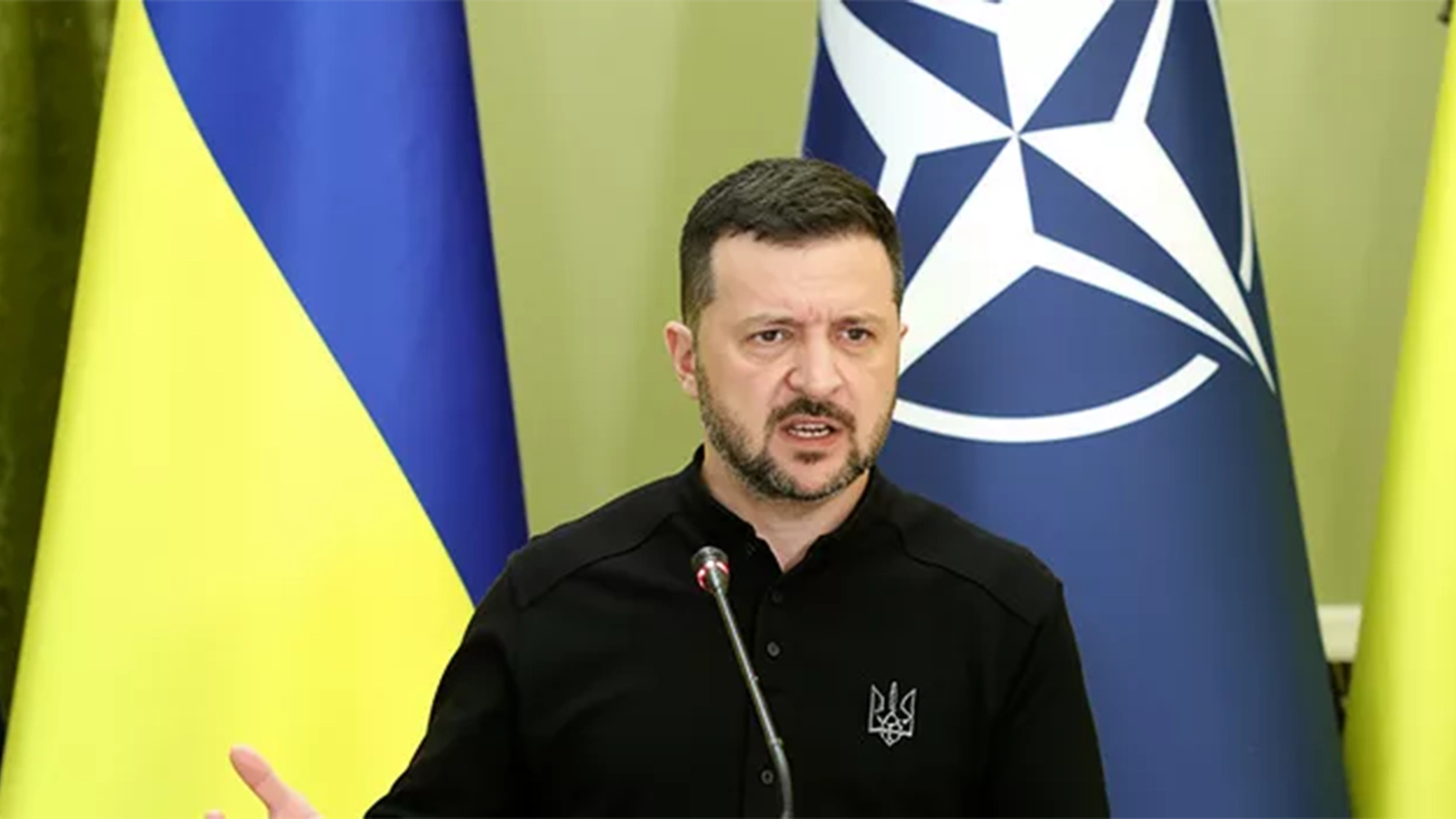
Britain is likely to suffer US tariffs despite making “rapid progress” over a trade deal with Washington, Prime Minister Keir Starmer said Tuesday.
He spoke as US trading partners braced for an expected fresh raft of tariffs from President Donald Trump, in addition to levies already imposed on steel and those set to take effect this week on cars.
“We’re working hard on an economic deal, which we’ve made rapid progress on … but look, the likelihood is there will be tariffs,” Starmer told Sky News.
Britain has set out to strike a trade deal with the United States since departing the European Union at the start of the decade.
It is thought that the UK government wants to agree some kind of economic deal before Wednesday — termed “Liberation Day” by Trump, when he is set to unveil supposedly “reciprocal” tariffs, tailored to different trading partners.
Downing Street has described a potential agreement as an “economic prosperity deal”, indicating it will fall short of a free trade deal ultimately sought by London.
As it stands, the United States is the UK’s single largest country trading partner.
Starmer on Tuesday repeated that he must “act in the national interest”, even if at this stage the Labour government has no intention of engaging in a trade war.
“All options have to remain on the table,” the prime minister added, however.
Business Secretary Jonathan Reynolds voiced confidence that the UK and US would come to some kind of arrangement over tariffs.
“If the US can reach an agreement with anyone, I believe it can with the UK,” he told Times Radio, citing work between the two nations during trade negotiations over recent weeks.
UK media has reported that London may scrap a tax on tech giants to avert US tariffs under Trump and clear a pathway to a trade deal.
Reynolds on Tuesday again hinted that such an agreement could not be ruled out.
However, he told Times Radio a deal over food standards was a “red line” and denied that the issue of “free speech” had come up in negotiations.
In a post Sunday on social media platform X, the State Department’s Bureau of Democracy, Human Rights, and Labor said: “US-UK relations share a mutual respect for human rights and fundamental freedoms.
“However, as Vice President (JD) Vance has said, we are concerned about freedom of expression in the United Kingdom.”
It was referring to the case of a pro-life campaigner, who is before the courts for breaching a “buffer zone” outside an abortion clinic in Bournemouth, southern England.






